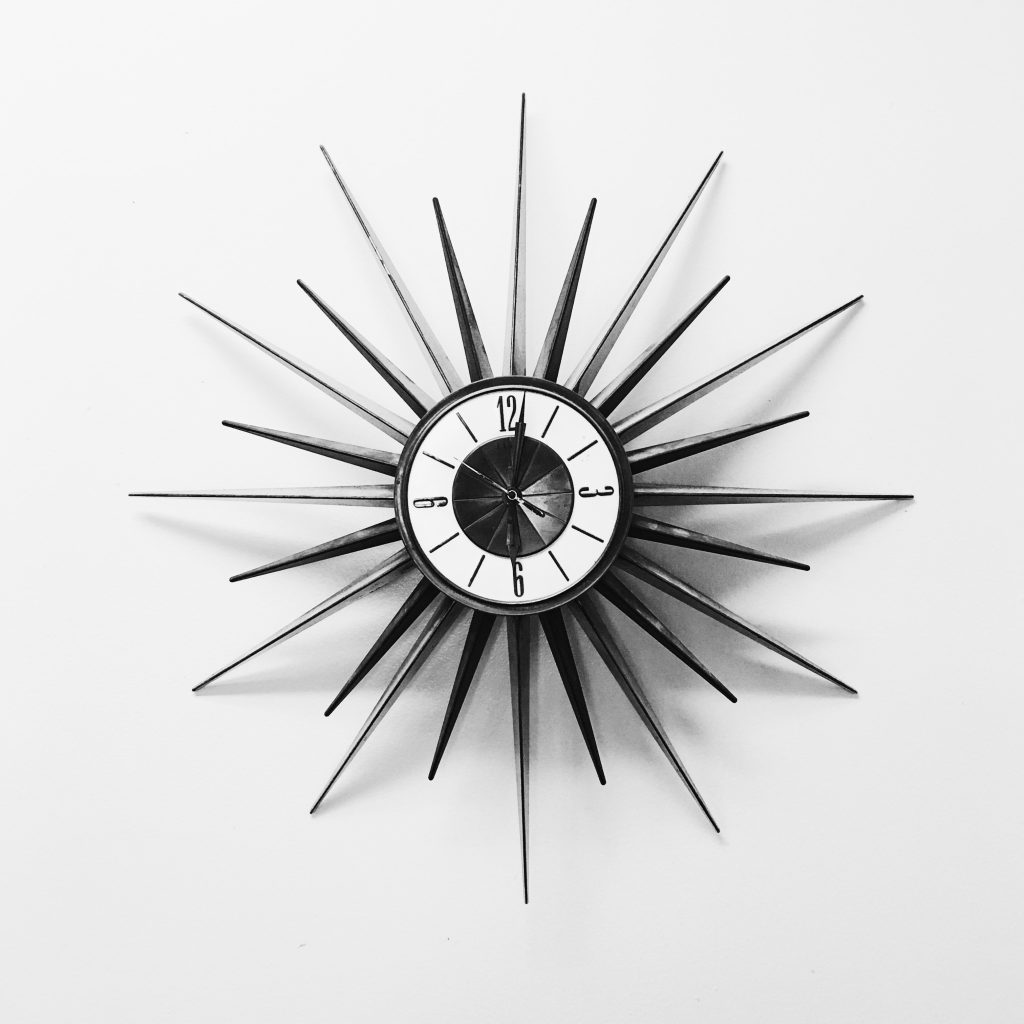
Yesterday I had my annual physical exam, an event I anticipate with equal parts curiosity and nervousness. My primary care physician is a veritable wikipedia of medical knowledge, a walking nerd in other words, and it’s borderline comical to sit in an exam room with him as he walks through various rudimentary tests of my health.
He’ll note, for instance, that my pupils are round and react quickly to light, my eyes are white and don’t show any signs of redness or jaundice, and that I track well. My shoulders rotate well, offer no signs of popping or tension as they rotate, and my biceps react quickly when he taps on them with a small rubber hammer.
He says all of these things out loud, almost as if he is dictating to someone. It reminded me of how Japanese train conductors point to things and say what they’re doing out loud in an effort to be fully attentive in their work.
He is a model of consistency. The exam mostly stays the same from year to year, the phrases from the same text stored in his head from medical school. I’ve been seeing this doctor for several years now–he’s an internist by profession, but I think I’m his youngest patient. This year, though, there was a short battery of questions about depression and social issues: did I ever have trouble getting things done, did I ever feel I was a burden to others, did I use illegal drugs, etc.
Every time, the good Doc notes with the same humor that I have avoided the rather uncomfortable exam reserved for men of a certain age. We both chuckle, and I shudder at how my years are winding down. And then we end by the desk, sitting side by side as Doc reviews my bloodwork percentages, ticking through each measurement of chemistry, noting my kidneys’ volume filtration capacity, my good and bad cholesterol, and other internal organ functionality.
Then we walk out to the front desk, and I pull out my phone and consider that my next time doing this will be 2020, a year that seems firmly entrenched in a science fiction future, and I schedule another appointment.
Doc gave me a clean bill of health. No major problems, a few things here and there to keep an eye on, but really nothing flashing a bright red light. I am reminded what a privilege it is to be in possession of this knowledge–not only in that I have the opportunity to meet yearly with my physician and have an insurance-covered wellness visit, but also in the fact that I am in good health because I have the opportunity in my life to exercise, that I can afford to eat better than I once did, that I can pay for simple things like allergy medication and visits to the chiropractor when my lower back gets out of whack.
These are nothing more than simple assurances, good for not much longer than the day itself. I consider this especially this week, after our college lost one of our students to illness, a high school classmate was killed in a car accident, and a church member’s college-aged son passed away.
In the near-decade I’ve been keeping a journal here, I’ve noted other runs of tragedy in my life–the regular course of life, as it were–and the cliched truth that tomorrow’s never promised. Going back to that depression questionnaire, I guess I could see how my answers might have been shaded a bit more than usual. We’re all swimming against the tide, right?





